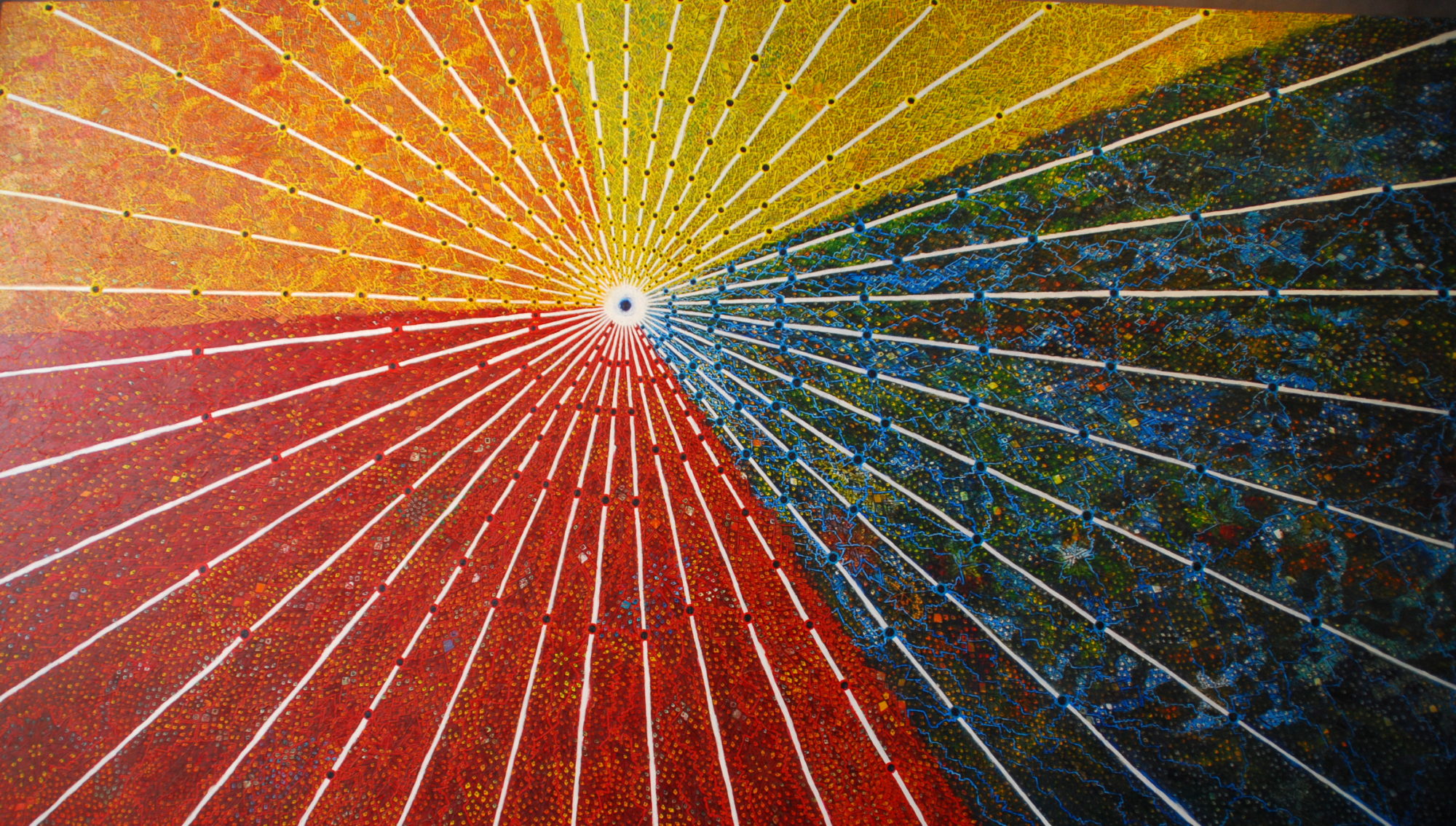Surrounded completely by South Africa, Lesotho is a tiny kingdom (30,355 square km) set high in the sky. It lies above the tree line, its landscape scrubby and barren but striking and beautiful, its lowest point higher than that of any other nation. Its people, all 2.1 million of them, are hardy and hard-working.
Life in Lesotho in 2009 is very much like it was 100 years ago. The majority of people live in basic rondavels, circular houses made of a mix of cow dung and sand with thatch roofs, the one room serving as bedroom, kitchen, and living area. People work the land, boys leaving home at 12 to spend three years as shepherds, many of them turning that into a life. Electricity and running water don’t extend beyond a couple of cities. Life is hard, but at the same time simple.
Yet change is coming. Bit by bit the country is getting on the grid. Our guide, on a day trip we took up the Sani Pass into Lesotho, told us of a rondavel he has been to in which the man of the house has already fitted a light socket and fuse box and screwed in a lightbulb in anticipation of the coming of electricity. In a country that already supplies South Africa with much of its water, running water will not be far behind.
On the surface this, of course, sounds good. To us, electricity and running water are basic rights. They’re certainly not something we should deny to anyone who wants them. But if you dive deeper into the issue, it’s not so simple. Right now, most of Lesotho lives in a world where there is plenty of time, but not much money. They have the time to cook bread on a stove on the floor heated by dung that they’ve collected. They have the time to go down to the river and collect water or do their laundry.
But if they are to get electricity and water, all the time in the world will do them no good. They’ll need money. And to get money, they’ll have to find jobs that pay instead of jobs that sustain, and these paying jobs are not easy to find. They’ll also have to find transportation to and from their jobs, childcare for the babies they can’t take with them, food to eat when they can’t go home for their traditional meals…
In short, modernization isn’t easy. It’s also not the black and white issue that many of us from the developed world see it as. With every gain, there comes a loss. With positives, negatives. What will happen in Lesotho I have no idea, but I am pretty certain that if I return in 20 years, I’ll find it be a different place than that which I visited. I can only hope that Lesotho remains the enchanting place that it is now, regardless of whether rondavels come with light switches or remain solely solar powered and whether toilets are indoors or out, flush or pit, straight up or falling over.






You must be logged in to post a comment.